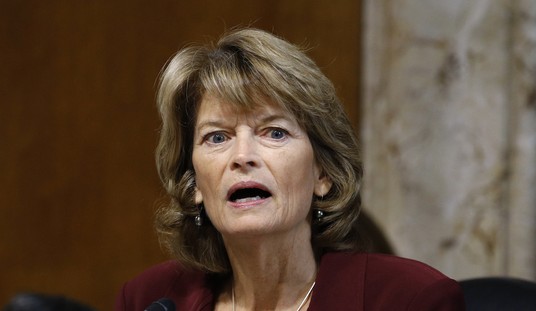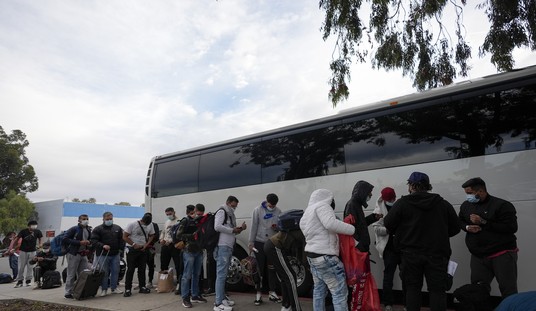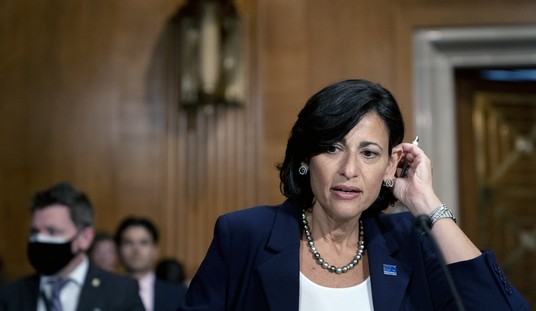Before launching into this story, I’ll confess up front that I’m a big fan of the idea behind the AirBNB model. Similar to Uber and other grassroots, upstart business models, I tend to cheer for Americans who find ways to creatively succeed in business by dint of their own hard work and creativity. When that success winds up being viewed as a thorn in the side to unholy partnerships between heavily regulating government entities and unions which squeeze out independent competition, all the better. I understand that some regulations are necessary to ensure the health and safety of customers in personal services industries such as these, but they should be structured in such a way that the independent entrepreneur can take their shot at a piece of the action.
With that in mind, I was initially a bit put off when I saw this headline. Woman who makes $6K a month off Airbnb rental ordered to stop.
A woman has been “profiteering” from her government-subsidized, rent-controlled Central Park duplex by renting out bedrooms through Airbnb, a Manhattan judge said, ordering her to stop immediately.
Manhattan Supreme Court Justice Carol Edmead issued a temporary injunction against Noelle Penraat, who, as The Post reported in October, was sued by her landlord.
In her ruling made public Tuesday, Edmead said records show Penraat made $61,000 off her rent-controlled Central Park duplex in just nine months. Penraat’s “own records indicate that she has been profiteering from a rent-controlled apartment partially subsidized by another government program,” Edmead wrote.
You probably noticed some of the complicating factors in those first few paragraphs, just as I did. Right off the bat, the woman in question is not the owner of the property, which is what I typically think of when discussions of AirBnB arise. She is a renter, and beyond that, she is renting at a reduced rate courtesy of the taxpayers in a rent controlled unit. Does that matter for the purposes of AirBnB? It’s a good question.
One approach might be to ask if this could be considered “subletting” of her apartment. There are established laws for that in New York, and it can certainly be done, but you have to meet the guidelines. In general, subletting is not sharing, but rather a situation where someone else takes over the property entirely for a set period of time. In any event, you are obligated to notify the landlord in advance and supply basic information about the proposed substitute tenant. That doesn’t seem to be the case here.
The second approach – and the one which Ms. Penraat chose to pursue – was to say that she had “guests” staying over at her place. This is allowed under law, but the intent of the law is to allow the tenant to have legitimate guests spend the night, not a revolving door of customers.
Another concern raised was the impact on the rest of the tenants.
A downstairs neighbor, Michael Whitman, submitted a statement in the case saying that Penraat’s rentals are a danger to his family.
“As a result of the constant barrage of strangers that enter our residential building, I live in fear for the safety of my minor daughters and my wife,” Whitman wrote.
The building also houses a Montessori school that enrolls 175 students.
The more I read of this case, the less sympathetic I am toward Ms. Penraat. As much as I like the idea of AirBnB, it seems that it is geared more toward those who own their own property and wish to use that asset to earn more money. When the model is transferred over to renters – particularly in taxpayer subsidized properties – it becomes considerably more complicated.








Join the conversation as a VIP Member